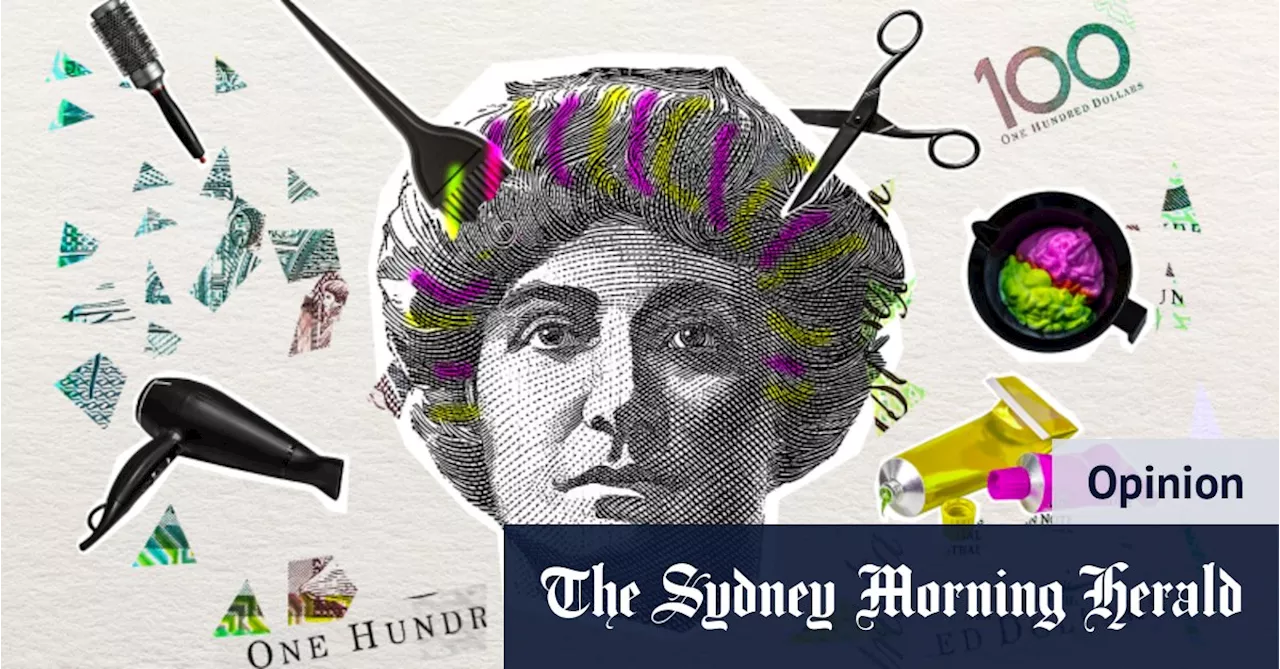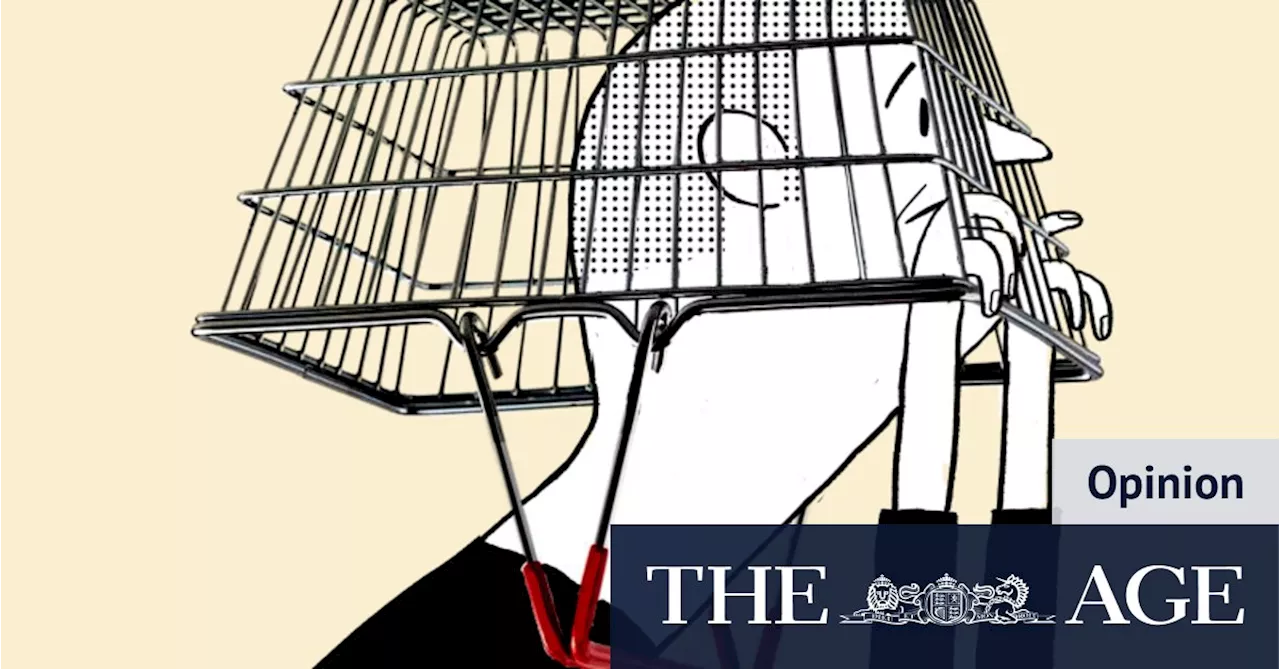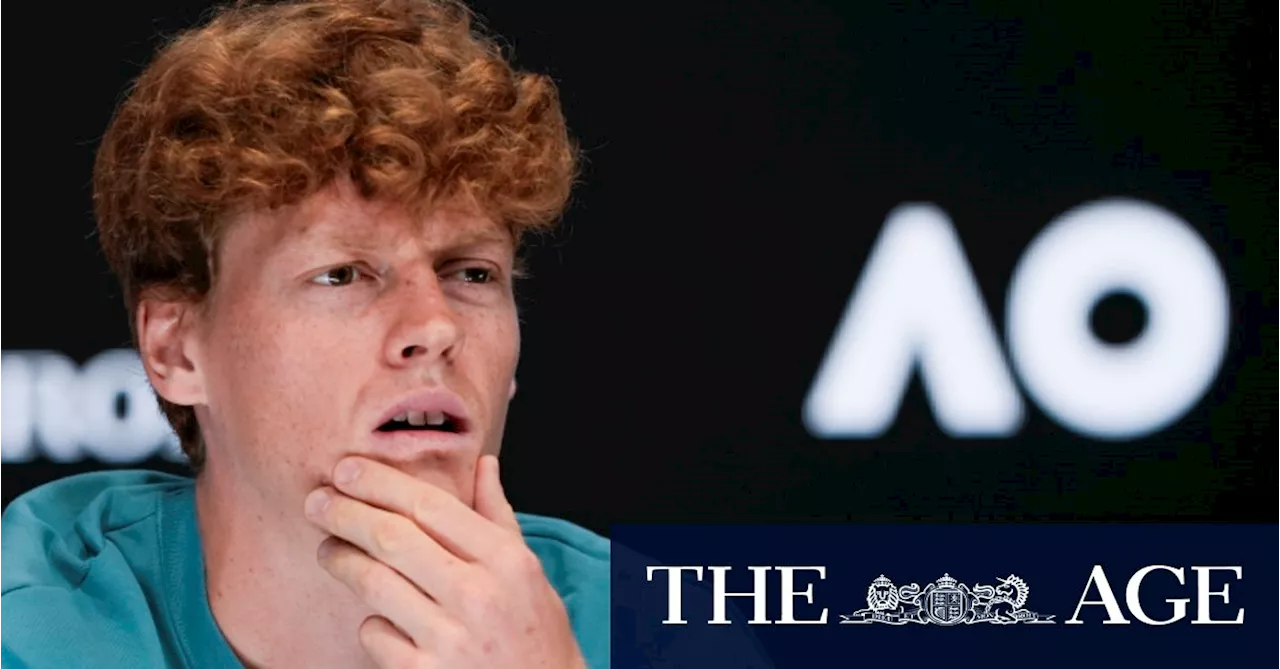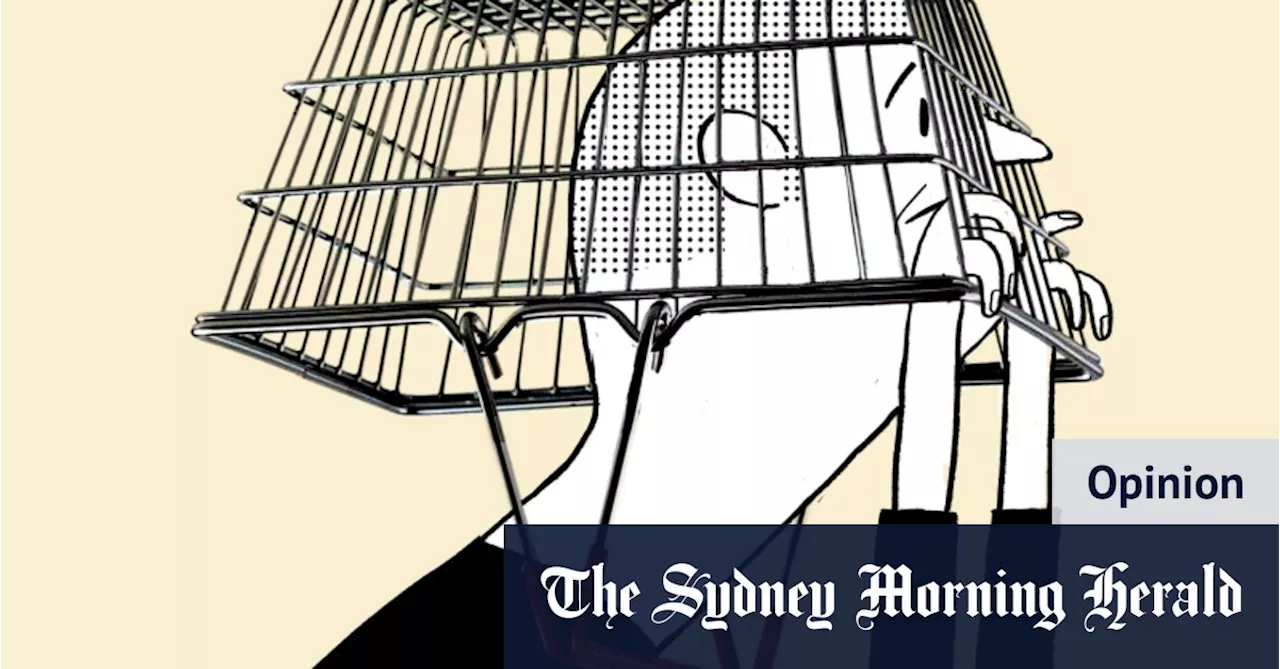This article challenges the common advice of simply cutting back on spending and argues for a deeper understanding of the emotional factors influencing our financial decisions. It explores how childhood experiences, emotional coping mechanisms, and societal norms can shape our spending habits, and offers practical exercises to help individuals identify their own spending triggers and create lasting change.
Today, I yet again saw some personal finance guru advocating the same tired advice: if you don’t have money, why are you wasting it on coffees, pubs and eating out? It’s a narrative that’s not only oversimplified but also fundamentally flawed. Here’s why. On the surface, it seems logical. If you reduce unnecessary spending, you’ll have more money left over. Problem solved.
Simon Letch It just seems patronizing at best, and woefully ignorant at worst, to suggest that grown adults, many of whom are well-educated and professionally successful, don’t get this. I say “ignorant” because this attitude demonstrates a lack of understanding of why people spend money the way they do. withoutHow? The first step is understanding that our financial decisions are not rational, they’re emotional. The study performed by Nobel Prize-winning psychologist Daniel Kahneman found that over 85 per cent of our financial decisions are driven by emotion, as opposed to logic. So it’s pointless to simply have the attitude that “you should stop spending on that”. The better (and more compassionate) approach is to understand – and more importantly, help people understand – the emotional drivers behind their spending habits.Here are some examples of what this might look like: A young professional struggled with overspending despite earning a good salary. She realised her behaviour stemmed from a childhood where money was tightly controlled. For her, spending symbolised freedom and autonomy. Once she connected this realisation to the stress and opportunity costs of her future goals, she chose healthier financial habits without feeling deprived. A woman felt resentment toward her husband’s desire to save, as it reminded her of restrictive behaviours of her parents in her childhood. When she reframed investing as a way to reduce her work years, she found a new motivation in the long-term benefits, making saving feel exciting rather than restrictive. A parent juggling a demanding career and family responsibilities relied on eating out as a coping mechanism for stress and exhaustion. By focusing on how healthier eating habits could improve their physical and mental well-being – rather than just their finances – they were more motivated to shift to healthier food choices that also resulted in financial savings.In all these cases, spending habits were merely symptoms of more profound issues. Addressing the root causes – whether tied to emotional coping, childhood beliefs, or lack of clarity or connection to long-term financial goals – is what led to lasting change. If you have a fraught relationship with spending money, here are some exercises you can do that might help you understand your spending behaviours better:Become present to the emotions you experience when spending: How do you feel when you’re about to spend money? Start to just observe the thoughts and feelings you’re having before you engage in a habitual spending pattern. This will provide you with information about you’re spending. For example, are you seeking stimulation, stress relief, comfort, or excitement?When did it start? What influenced you in engaging in this pattern? Did your parents have the same coping mechanisms? Or maybe they were overly restrictive in this area – spending on food, clothes, entertainment was frowned upon – so you’re overcompensating now? Or perhaps that’s a norm in your social or professional circle?Take stock of how much these habits are costing you over a year, not just financially but also emotionally, physically, and socially. For example, regular takeout might leave you feeling sluggish, while frequent pub outings might disrupt your weekends and family time. When you get the picture of how this is impacting your life, you can then make an intentional decision around whether the benefits outweigh the costs.When you focus on cutting spending “because you should”, it becomes a hard change to sustain long-term. You’re not totally bought in. Part of you still wants to be able to spend on that thing, but you’re forcing yourself not to. However, when you address the root causes – the underlying emotions driving your behaviours – you can create real and lasting change. You’re no longer trying to trick, manipulate or force yourself into behaviour change. You are creating internal alignment with the external behaviours and results you want. It’s a way to have your cake and eat it too. When you change from the inside out, the behaviour change is no longer something you have to do. It becomes a choice, not an obligation.Paridhi Jain is founder of which helps adults learn to manage, save and invest money through financial education courses and classes. Advice given in this article is general in nature and not intended to influence readers’ decisions about investing or financial products. They should always seek their own professional advice that takes into account their own personal circumstances before making any financial decision
Financials Spending Habits Emotional Spending Financial Literacy Personal Finance Advice Behavioral Finance
Australia Latest News, Australia Headlines
Similar News:You can also read news stories similar to this one that we have collected from other news sources.
 Goodbye, Expensive Haircuts: Why I'm Cutting CostsThe author explains why they've decided to stop spending hundreds of dollars on haircuts, citing rising costs and a shift in priorities.
Goodbye, Expensive Haircuts: Why I'm Cutting CostsThe author explains why they've decided to stop spending hundreds of dollars on haircuts, citing rising costs and a shift in priorities.
Read more »
 Stop Telling People to Cut Back on 'Unnecessary' SpendingPersonal finance advice often focuses on cutting back on spending, especially on things like coffee, pubs, and eating out. While this approach may seem logical on the surface, it fails to address the emotional reasons behind spending habits. This article argues that a more compassionate and effective approach is to understand the underlying emotions driving spending behaviours and help people create lasting change from the inside out.
Stop Telling People to Cut Back on 'Unnecessary' SpendingPersonal finance advice often focuses on cutting back on spending, especially on things like coffee, pubs, and eating out. While this approach may seem logical on the surface, it fails to address the emotional reasons behind spending habits. This article argues that a more compassionate and effective approach is to understand the underlying emotions driving spending behaviours and help people create lasting change from the inside out.
Read more »
 Why Jannik Sinner won’t bite back at Nick Kyrgios’ barbsDaniil Medvedev, who lost last year’s Australian Open final to Jannik Sinner, said it would be interesting to see “the energy” if Sinner and the Australian crossed paths.
Why Jannik Sinner won’t bite back at Nick Kyrgios’ barbsDaniil Medvedev, who lost last year’s Australian Open final to Jannik Sinner, said it would be interesting to see “the energy” if Sinner and the Australian crossed paths.
Read more »
 Why Jannik Sinner won’t bite back at Nick Kyrgios’ barbsDaniil Medvedev, who lost last year’s Australian Open final to Jannik Sinner, said it would be interesting to see “the energy” if Sinner and the Australian crossed paths.
Why Jannik Sinner won’t bite back at Nick Kyrgios’ barbsDaniil Medvedev, who lost last year’s Australian Open final to Jannik Sinner, said it would be interesting to see “the energy” if Sinner and the Australian crossed paths.
Read more »
 Why Australians Struggle To Cut Back on DrinkingA survey reveals 44% of Australians want to reduce alcohol consumption, but face challenges. The article explores the reasons behind this struggle, including social pressures, ingrained coping mechanisms, and the fear of missing out on fun. It highlights the benefits of cutting back, such as improved physical and mental health, and offers tips for successfully reducing alcohol intake.
Why Australians Struggle To Cut Back on DrinkingA survey reveals 44% of Australians want to reduce alcohol consumption, but face challenges. The article explores the reasons behind this struggle, including social pressures, ingrained coping mechanisms, and the fear of missing out on fun. It highlights the benefits of cutting back, such as improved physical and mental health, and offers tips for successfully reducing alcohol intake.
Read more »
 LawConnect Wins Back-to-Back Sydney to Hobart Line Honours Amidst TragedyLawConnect secured a second consecutive line honours victory in the Sydney to Hobart yacht race, but the celebrations were muted due to the tragic loss of two sailors. The race was marked by severe weather conditions, resulting in the deaths of Nick Smith and Roy Quaden in separate incidents. The focus shifted to somber reflections and an investigation into the fatalities.
LawConnect Wins Back-to-Back Sydney to Hobart Line Honours Amidst TragedyLawConnect secured a second consecutive line honours victory in the Sydney to Hobart yacht race, but the celebrations were muted due to the tragic loss of two sailors. The race was marked by severe weather conditions, resulting in the deaths of Nick Smith and Roy Quaden in separate incidents. The focus shifted to somber reflections and an investigation into the fatalities.
Read more »
